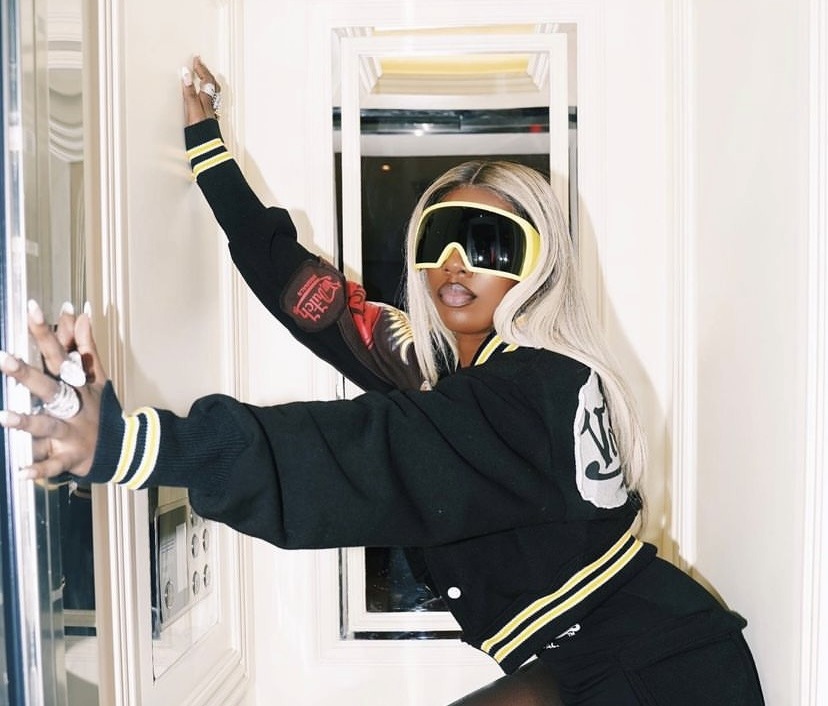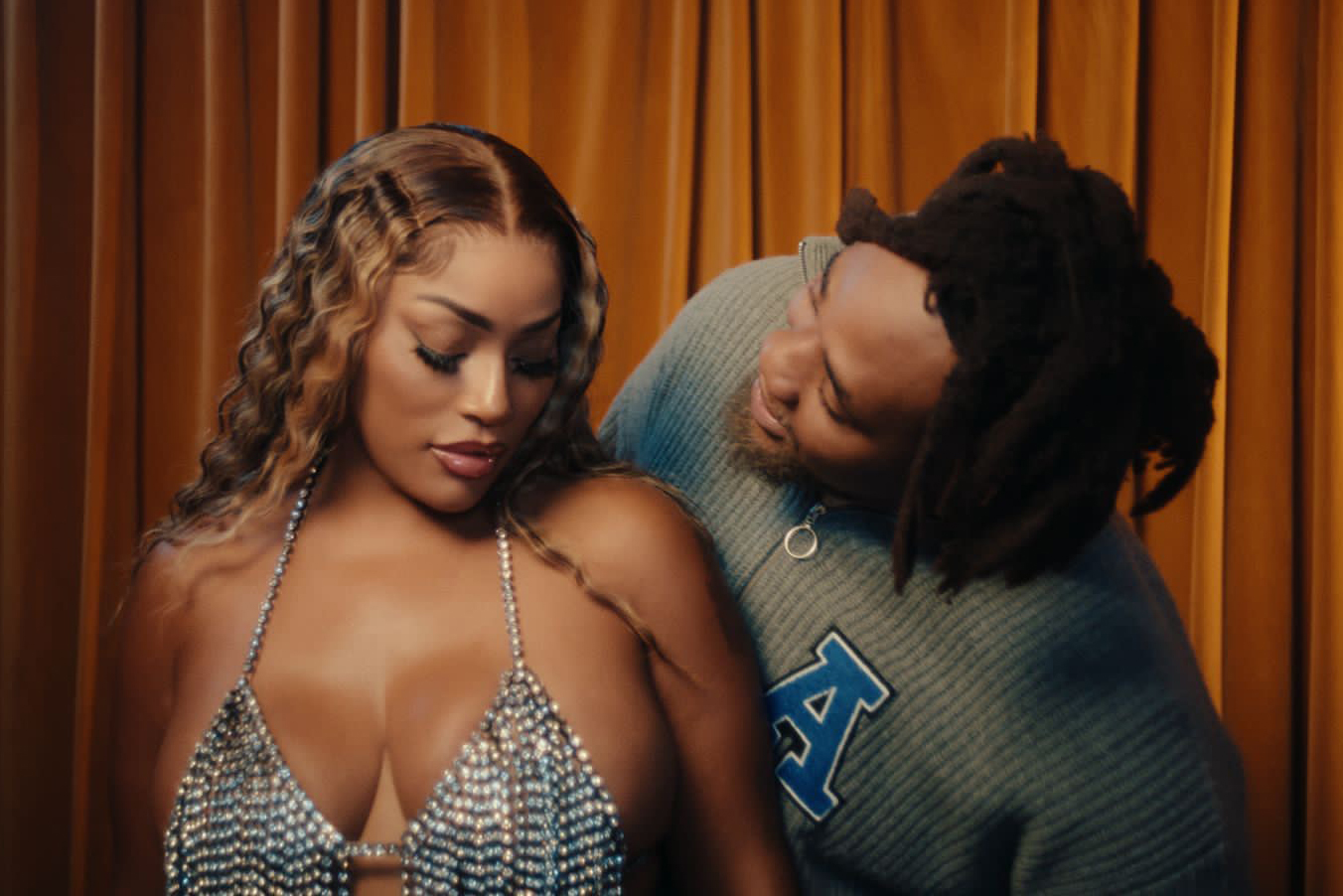Celebrating Tiwa Savage’s Enduring Legacy

Tiwa Savage is past a decade into her time in Nigerian music, and while it remains a fast-moving industry where today’s success does not guarantee tomorrow’s, there are a few who have applied enough consistency to remain in Nigeria’s upper echelons for extended periods. Names like Wizkid and Davido are more often referenced under the subject of longevity at the top flight, but Tiwa Savage’s quality of talent, her knowledge of the taste palate of the Nigerian audience, and her willingness and ability to adapt to changing music and publicity trends—incredibly important for our ever-evolving industry—should warrant a level of recognition that is at least on par with these stars. Throw in Nigeria’s conservative, patriarchal system that tries to tell women what they can or cannot do, and the extent of success they can achieve with it, and her story takes on an added significance.
The first few years at the start of the 2010’s were, in retrospect, some of the most critical in Nigerian music’s history. While many will point to the last few years as Nigeria’s more visible epoch, many of the artists that have brought us so much glory made their introductions between 2010 and 2013. At the turn of the decade, Tiwa Savage was a member of this contingent, returning to Nigeria after a long spell in the UK and USA spent acquiring an education. Having featured as a back-up artist to stars like Mary J. Blige and George Michael, studied Jazz at the Berklee College Of Music in Boston, USA and gotten a Grammy nomination as a co-writer on Fantasia’s Back To Me album, her credentials and ability were effectively beyond doubt, so what remained to be seen was her adaptation of a foreign-honed skill set into Nigeria’s characteristically turbulent Afropop production.
Her first single posed to dispel these doubts, as the exuberant “Kele Kele Love” put silky, heartstrung writing into Afropop’s percussion driven soundscape, so while her vocals and writing were evocative of more exotic locations and their influence, her use of pidgin and yoruba pulled the track closer to home. Its reception was rapturous, and love for Tiwa and her debut single poured in from across Nigeria. With “Love Me, Love Me, Love Me”, she sought a recreation of this impact, and she achieved it by sticking to many aspects of the original that had made it so accepted. So as a rejection of half-hearted commitment from a partner morphed into a plea for more affection from a lover, form slightly while the substance of passion-laden pop remained unaltered.
Up until this time, while song performances were fast shifting her status from newcomer to Afropop queen, a lot was still left to be done on the management side of things before she could ascend this throne. Her management in 2011 was split between 323 entertainment (co-owned with her husband) and the Cecil Hammond–owned Flytime Promotion, but for the next big step, she would need the backing of a larger label, and we now know Don Jazzy’s Mavins would provide this stepping stone. But before that label update came, the pair first linked up on Tiwa’s “Without My Heart”, her last single of a very packed, wildly successful debut year. For the December release she dived even deeper into her feelings, and returned with what was her most tender side yet. Her partner was an even more important part of the song, and although ‘artist’ is the least used of Don Jazzy’s many titles, he sported enough chemistry with Tiwa to soften the surprise when he eventually picked her up for his newly formed Supreme Mavin Dynasty (or Mavins) the following year.
At Mavins, Tiwa joined forces with Don Jazzy himself, Dr. Sid, D’prince and Wande Coal. All male artists with a lot more years spent in the field, but if she was at all intimidated, she did not show it. She was, after all, two years into her time in a male dominated industry, and even that had not put a stop to her meteoric rise. Her first contribution as a Mavin artist, and indeed the first release from any new member of the label, was the group album, Solar Plexus. The LP debuted to mixed reviews, with many faulting the little time taken to prepare it, and while it couldn’t rise beyond its weaknesses, Tiwa Savage was an obvious bright spark on the Solar Plexus, and a sign that she bore a lot of potential ready to be tapped by Mavins.
Her solo album, Once Upon A Time, brought this to fulfilment in 2013; it was an especially strong debut indulgent in the electric, sugary pop she had made her forté. And despite demand and supply having decide this to be the safest and most rewarding soundscape to operate in, she for made room too, for a Rihanna-sequel reggaeton take on crime and murder (“Wanted”) and Yoruba RnB musings on loss and grief (“Olorun MI”), and performances like these helped embellish what was already a superb love-laced debut.
But it was not exactly smooth sailing for the singer, especially against the currents of a patriarchal society keen to police womens bodies—where an audience comfortable with male artists using female vixens for their videos throw a fit when women take control of their sexuality in similar scenes. So while religious and cultural discussions were thrown up, discerning eyes always knew these reactions to be of purely misogynistic origins.
While whispers of indecency had hung in the air after the release of “Kele Kele Love” and “Love Me” videos, these did not coalesce to become popular controversy until “Wanted” made its video debut in 2014. Tiwa Savage was the sole star there, turning out in a nude bodysuit that only obscured her most private areas, and as she spent the video’s 3-and-a-half minute runtime dancing lasciviously in a performance that was delivered with every intention to seduce, reactions to the video’s debut were predictably sexist. Most commenters cycled through the expected tropes—comparing her to a sex worker, branding her Un-african, and, of course, throwing her marriage in her face like it was some slave contract. But Tiwa was unfazed. She might not have had her coming-of-age in the country, but she knew enough of Nigeria’s close minded hypocrisy to have anticipated such a response, and she was happy to accentuate an underreported ill many women still suffer.
Her personal life would come to the fore again in an even more prominent way in 2016, when cracks first began to appear in her marriage to Tunji Balogun, her husband of two years and business partner of longer. In a messy episode first started by Tunde on Instagram before Tiwa responded 24 hours later via a Thisday interview, the couple took turns hurling accusations of infidelity, financial impropriety and even witchcraft at each other. They held things together for a further two years, probably out of consideration to the child and record label they shared, but a permanent split was thought to have been effected sometime in 2018.
Back in the studio she continued in spotless form. She released her sophomore album, R. E. D., in 2015, and its title—Romance, Expression, Dance—was a fine summation. The album saw Tiwa Savage glide through a more diverse soundscape, but one that was always kept danceable and sexy. Her improved status in the industry was represented in its features, as she was able to call on names like 2face, Wizkid and P Square (for the deluxe) to great results, allowing Don Jazzy some rest as he only had a single contribution to make this time around.
Her love and adeptness for finding and executing the right collaborations must not go without mention. Her passionate delivery makes her the perfect foil for romantic anthems, and it ensured early in her career that she was kept busy trading lines with male artists like Flavour (“Oyi” remix), Patoranking (“Girlie O” remix), Wizkid (“Bad”), Sean Tizzle (Igi Orombo), Kizz Daniel (“Woju” remix) and more. With these, she leveraged on the popularity of (then) bigger stars, smartly helping to raise her own profile in a male-centric industry, and providing substance to her claim to Nigerian pop’s queenship.
After the success of 2020’s Celia, the buoyant, socially-aware album named after her mother, her most recent project, 2021’s Water And Garri allowed her to collaborate more with female artists as well, a decision that came to pay off heavily when Somebody’s Son (ft. Brandy) came to national fame. The EP also carried another female vocalist, Amaarae, the Ghanaian songstress whose effort on “SAD GIRLS LUV MONEY” had placed her in the frontlines of the Afrobeats to the world movement. And even now that her position in Nigerian music is incontestable, Tiwa Savage continues to find tracks on which she can keep up with emerging sounds and artists of the industry. She collaborated with Asake for “Loaded’, a single that capped a perfect 2022 for the Street Pop act and allowed Tiwa an entry into the Fuji-Amapiano zone he operated in. In 2023 she has shared credits with Majeed, Spyro, and most recently, Young Jonn and Ayra Starr, and with collaborations like this she can obtain perpetuity, welcoming a new generation of artists and subsequently, audiences, to her discography.
In an industry where Tiwa Savage has already more than doubled the average artist’s career span, there may be some who will pose questions about just how much longer she can keep going at this level, but these doubts are no much different in substance from those that stood in her way at her arrival, only that time they took the form of her gender and sexuality. A combination of blistering talent, fierce expressiveness and smart collaborative effort should ensure Nigeria’s queen of pop can extend her dominance for much longer.
This article was written by Afrobeats City Contributor Ezema Patrick – @ezemapatrick (Twitter)
Afrobeats City doesn’t own the right to the images – image source: Instagram



